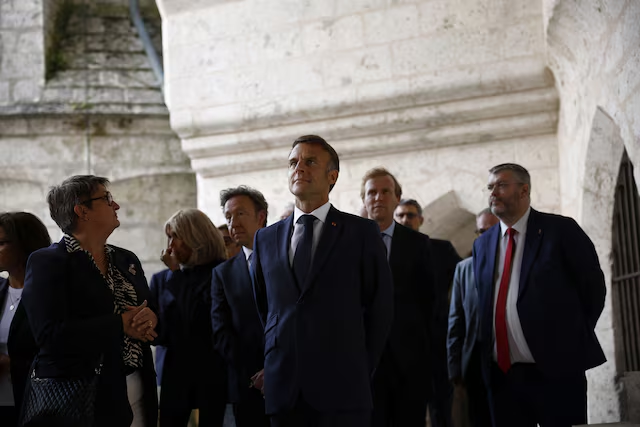The French presidential palace announced a new center-right government on Saturday, following over two months of political uncertainty after elections that resulted in a hung parliament. A left-wing coalition secured the most seats in the June-July elections but fell short of an outright majority.
Conservative Prime Minister Michel Barnier formed the new government after protracted negotiations, with the final cabinet lineup receiving approval from President Emmanuel Macron. The announcement marks the end of weeks of intense political maneuvering aimed at navigating France’s deepening political divisions.
Bruno Retailleau, leader of The Republicans (LR) faction in France’s Senate, is set to become the new interior minister, according to multiple sources. Another notable appointment is expected to be Antoine Armand, the 33-year-old head of the parliament’s economic affairs commission, who is likely to be named as the new economy minister.
One key figure staying in his role is Defense Minister Sébastien Lecornu, who is reported to have a close and trusted relationship with President Emmanuel Macron.
President Emmanuel Macron could potentially veto Prime Minister Michel Barnier’s proposed cabinet appointments, but such a move would risk creating significant tensions between the two leaders at this stage, sources suggest.
While the names of the new ministers are still undergoing customary vetting to check for conflicts of interest, Macron is not expected to block any nominations. A source close to the president, who spoke on condition of anonymity, stated that “Macron will not censor any name.”
A left-wing alliance, which won the most seats in France’s lower house National Assembly but fell short of a majority, is expressing outrage over the formation of a right-wing government. The hard-left France Unbowed (LFI) party and its allies plan to join protests on Saturday, organized by student, environmental, and feminist groups, against both President Emmanuel Macron and Prime Minister Michel Barnier.
Mathilde Panot, a prominent LFI leader, said the party aims to “increase popular pressure” following widespread demonstrations in early September, when over 100,000 left-wing protesters rallied against Barnier’s appointment and what they described as Macron’s “power grab.”
Macron’s centrist faction emerged as the second-largest bloc in the elections, while the far-right National Rally, despite being the third-largest, secured the most seats as an individual party.



